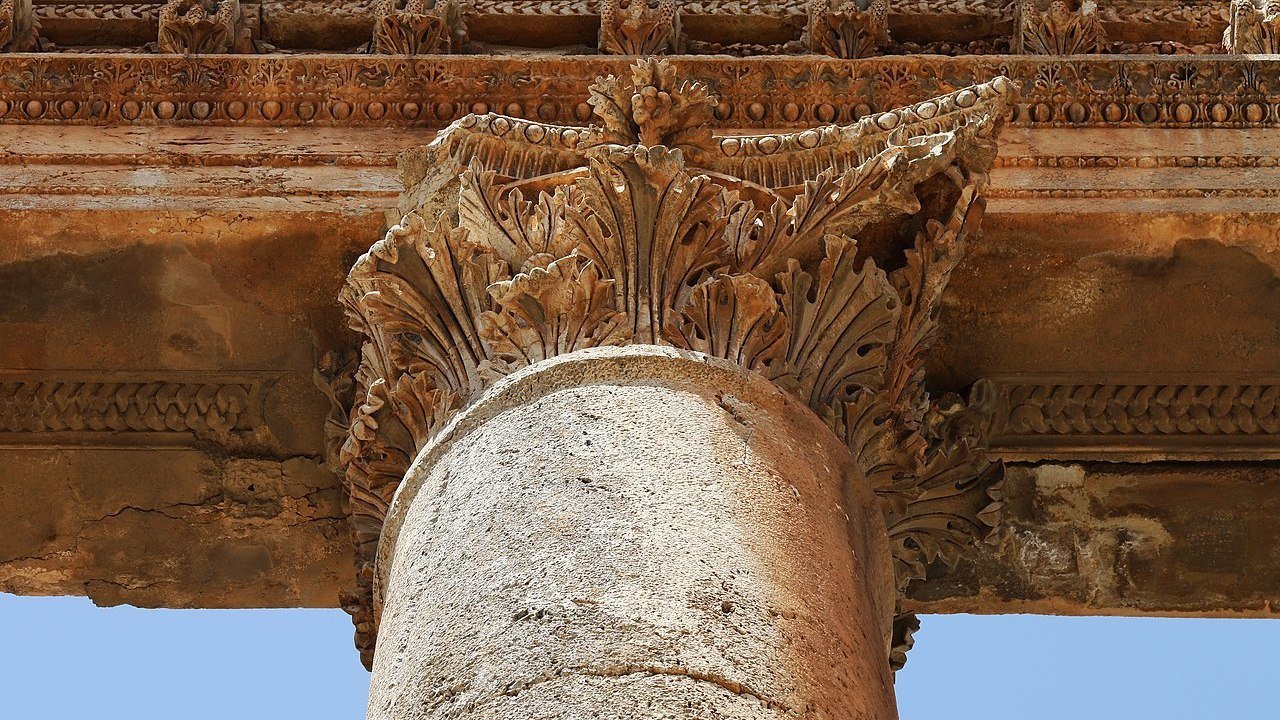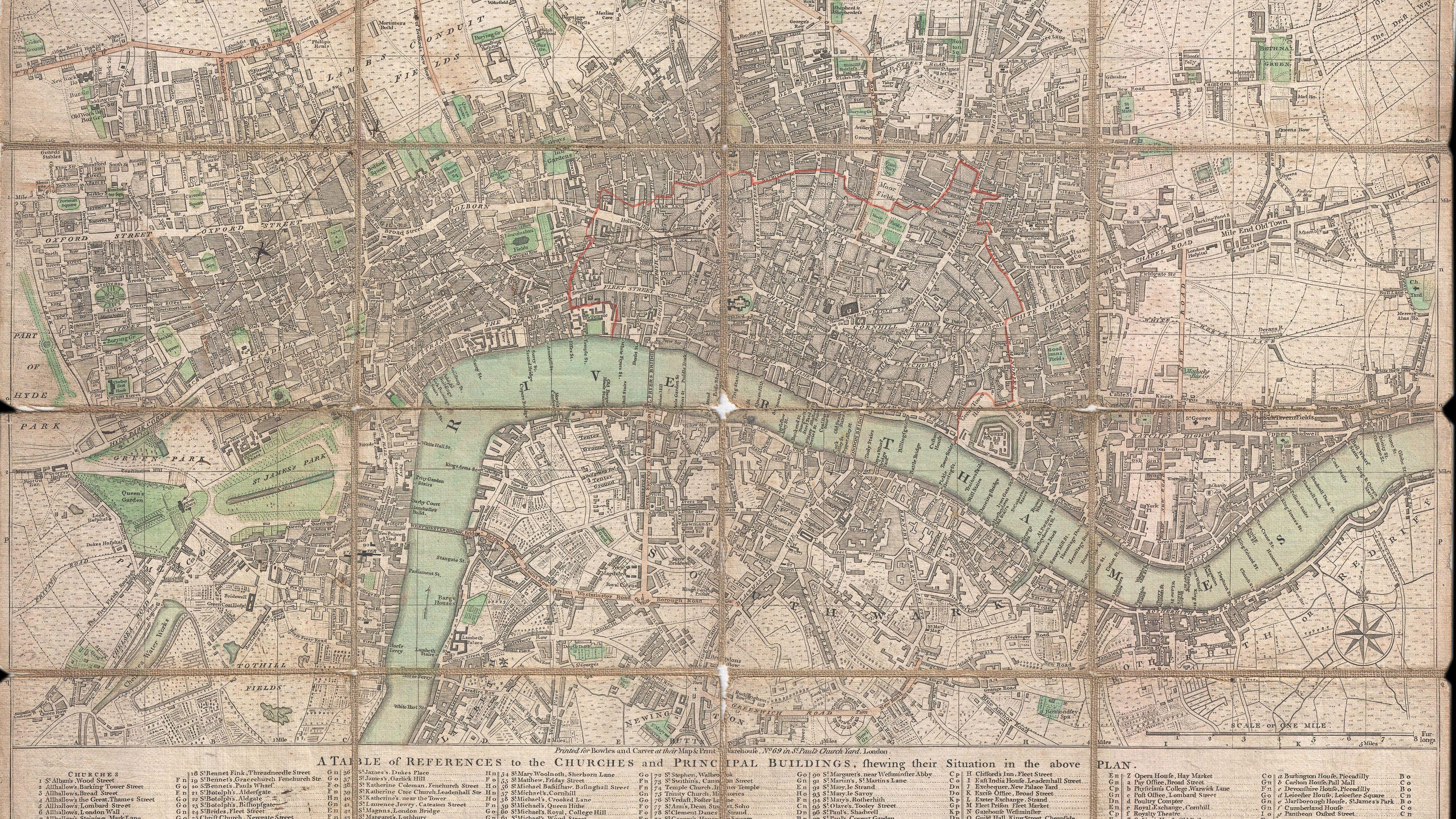Mozart’s Symphony No. 41, “Jupiter”: Celebratory Contrapuntal Fireworks
Mozart’s final symphony stands as a triumphant apotheosis. Symphony No. 41 in C Major concluded the monumental symphonic trilogy (Nos. 39, 40, and 41) that Mozart wrote over the course of two months during the summer of 1788. For the 32-year-old composer, it was a time of personal and professional loss. In Vienna, Mozart’s popularity was in decline as the city’s notoriously fickle audiences turned their attention elsewhere. Funding from aristocratic patrons evaporated …







